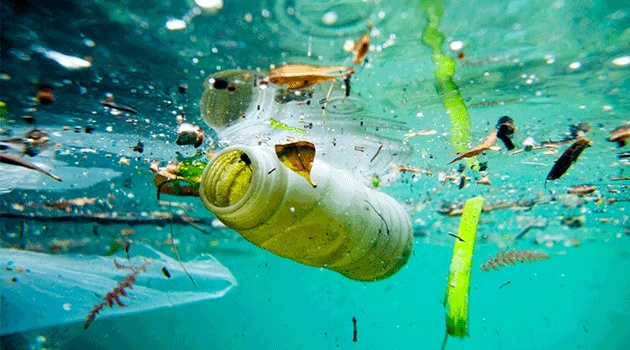
Water contamination can be a very serious issue, especially when dealing with pesticides and other chemical contaminants. It can cause health issues in humans but also have extremely negative consequences for the environment. Of course you want to do your part to be kind to Mother Earth and don’t want any of your workers to fall ill, but you also have crops to worry about. Luckily there is a wide variety of common practices to help you keep pests away while also preventing water contamination. Here are 5 ways to do just that.
Soil Management
Properly managing your soil has a multitude of benefits, one of them being the prevention of water contamination. Rotating crops is one way to manage your soil, but it is also quite important to make sure your seed beds have been laid properly and that there is proper drainage to prevent runoff. Inspect your soil on a regular basis to make sure everything is set up correctly and functioning as it should and you will prevent lots of problems down the line.
Reduce Water Quality Degradation
You can reduce water quality degradation caused by things like animal wastes, pests, nutrients, chemicals, and sediment by practicing good conservation. Improving the environment will make you feel much better in your farming practices and may also help you to raise your bottom line.
Use Safe Pesticides
Many water chemistry companies now offer safer pesticides with fewer chemicals. These types of pesticides and herbicides are not only healthier for you, your workers, and the environment but they also will help to prevent contaminated water which will save you loads of money in the long run.
Manage Irrigation
It may seem like a bit of a no-brainer that proper irrigation management is yet another important step in ensuring that you don’t have contaminated water. Well irrigated soil will benefit you in other ways too. It will guarantee you to have a better yield as well!
Safe Disposal
It is of utmost importance to always properly dispose of pesticides as well as the containers they come in. Failure to do so could result in an environmental catastrophe, a really bad case of water contamination, health issues among farm workers, or could cost you a lot of money by way of killing off your crops. Avoid this by properly training all employees about proper disposal, and never getting lazy about it.
With these simple tips it will be much less of a headache to prevent water contamination on your farm, and these ideas definitely go to show that you don’t have to sacrifice a good yield to be environmentally conscious. Now that you’ve had the guesswork taken out of contamination prevention, you can focus on what really matters: yielding great crops!
Leave a Reply